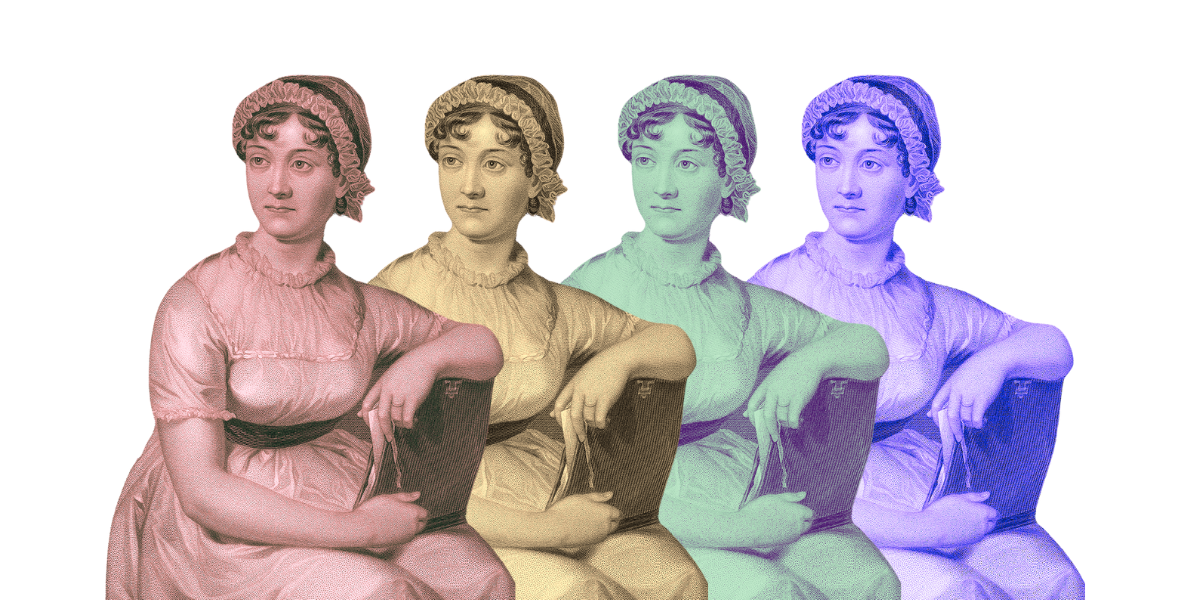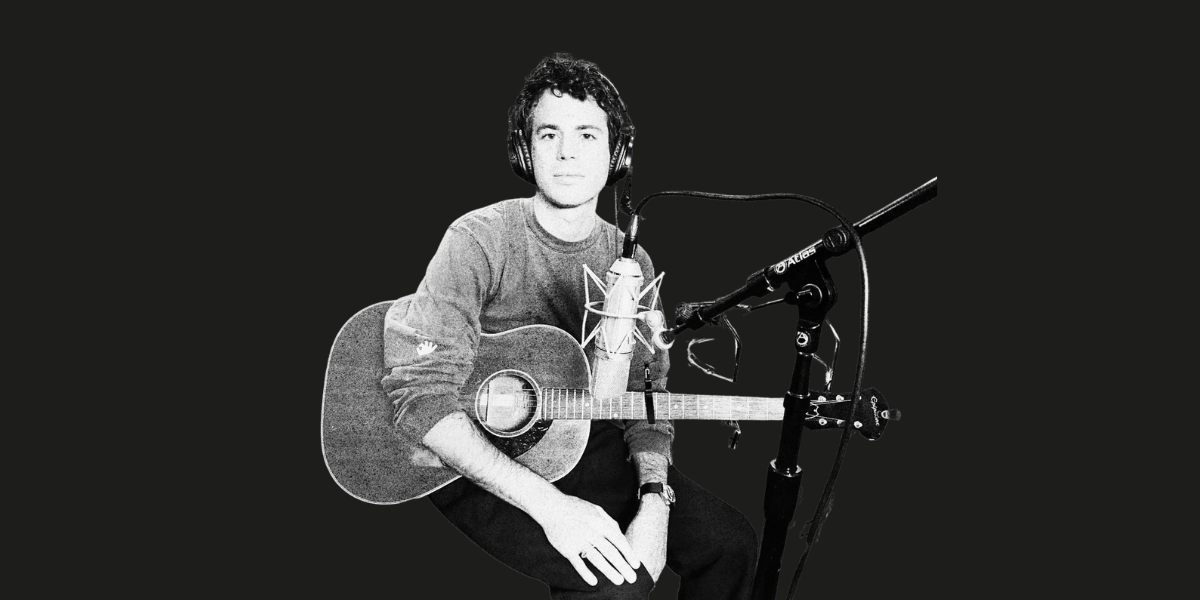In the vast literary landscape, women writers have long been trailblazers, challenging norms, breaking barriers, and shaping the course of literary history.
Their contributions have not only enriched the literary canon but also sparked crucial conversations about gender, identity, and society.
Let's take a look at the lives and works of just a few of the great female writers in history to see how they transformed literature and left an indelible mark on the world.

1. Sappho
Let's go back. Way back. To about 610 BC, when Sappho was born.
A Greek poet from the island of Lesbos, Sappho is one of the earliest female poets with surviving work. Though much of her work has indeed been lost across centuries, enough remains that we can see how Sappho centralized female figures and pioneered the use of first-person narration.
Sappho is still thought to be one of the greatest lyric poets of ancient times, and while some call her "the female Homer," we prefer Plato's name for her: "the tenth muse."
2. Jane Austen
You can't discuss influential female writers without mentioning Jane Austen. Her sharp wit and keen observations of social mores continue to resonate centuries after her time. And she was writing at an incredible time for a woman to have a career — she wasn't even legally allowed to sign her own contracts; her brother Henry had to do it!
Austen's novels, including Pride and Prejudice and Sense and Sensibility, dissected the complexities of love, marriage, and class in Regency-era England with unparalleled insight. Some say she's the mother of the modern romance novel, while others argue her stories are novels of manners and social satire.
Regardless of your view, she definitely helped swing the focus of popular literature to realism and introduced new types of novel narration. Her vivid characters and masterful storytelling made her a success in our own time (though not her name — she published anonymously) and a literary giant whose influence endures to this day.
3. Mary Shelley
Young Mary Shelley pioneered a new genre with her 1818 novel, Frankenstein. This work made her "the mother of science fiction" to generations of writers after her. And it was in her genes: Shelley came from a family of writers, with her mother, Mary Wollstonecraft, known for her feminist manifesto, A Vindication of the Rights of Women.
Frankenstein explored profound existential themes, as well as the ethics of scientific advancement, and defied expectations of the time with a complex narrative structure. Most importantly, it inspired crucial conversations about the human condition.

4. Edith Wharton
Edith Wharton was the first woman to win the Pulitzer Prize for Literature. Her novel Age of Innocence drew on Wharton's experience with the upper-crust of New York society to create a rich portrayal of the Gilded Age.
Her razor-sharp wit and raw honesty didn't stop with Age of Innocence. Wharton would go on to write more than 40 books in 40 years.
5. Virginia Woolf
In the early 20th century, Virginia Woolf emerged as a pioneering figure in the realm of modernist literature. Through works like Mrs. Dalloway and To the Lighthouse, Woolf revolutionized narrative structure, employing stream-of-consciousness techniques to delve into the inner lives of her characters.
Beyond her groundbreaking literary experiments, Woolf's feminist essays, including "A Room of One's Own," challenged prevailing notions of a woman's roles in society, advocating for intellectual and creative autonomy.
6. Emily Dickinson
In the realm of poetry, Emily Dickinson stands as a towering figure whose enigmatic verses continue to captivate readers with their profound insights into the human condition.
Despite living a reclusive life, Dickinson's poetry explored themes of love, death, and nature with unparalleled depth and imagination. Her unconventional use of form and language pushed the boundaries of poetic expression, earning her a place among the greatest poets of all time.

7. Zora Neale Hurston
The Harlem Renaissance of the 1920s and 1930s brought a wave of talented Black writers in the United States whose work would endure and continue to resonate with audiences into the present. This includes Zora Neale Hurston.
Hurston's novel Their Eyes Were Watching God remains a seminal work of American literature, celebrated for its rich portrayal of African American culture and the exploration of identity.
Through her vibrant prose and unapologetic celebration of her heritage, Hurston paved the way for future generations of Black women writers to reclaim their voices and narratives.
8. Toni Morrison
In the latter half of the 20th century, the world was introduced to the formidable talent of Toni Morrison, whose novels laid bare the complexities of race, identity, and power in the U.S.
With works like Beloved and The Bluest Eye, Morrison challenged readers to confront the legacies of slavery and racism, while also celebrating the resilience of the human spirit.
Morrison's revolutionary stories gained critical acclaim across the world, and in 1993, she became the first African American woman to win the Nobel Prize in Literature.
The Present & the Future
Contemporary literature continues to be shaped by the voices of female writers who fearlessly tackle pressing social issues and push the boundaries of form and genre.
Writers like Chimamanda Ngozi Adichie, Celeste Ng, Zadie Smith, Arundhati Roy, Joan Didion, Roxane Gay, Donna Tartt, Jhumpa Lahiri, and Angie Thomas have garnered international acclaim for their insightful explorations of gender, identity, race, and globalization.
As the work of the women before them reminds us, literature has the power to inspire, provoke, and illuminate. As we celebrate these legacies, remember the transformative potential of literature to challenge, uplift, and unite us in our shared humanity.
Who Is Your Favorite Woman Writer?
"That's an impossible question. So many of my favorite authors are women. If I had to mention just a few... I'm a huge Jane Austen fan, and I love Agatha Christie – which is why I chose to add her to the Freewrite screensaver lineup!"
Author & Freewrite Marketing Manager Annie Cosby
"Kennedy Ryan!"
Author Brittany Arreguin
"Ursula Le Guin. One of my fave Ursula Le Guin quotes is: 'A writer is a person who cares what words mean, what they say, how they say it. Writers know words are their way towards truth and freedom, and so they use them with care, with thought, with fear, with delight. By using words well they strengthen their souls...'"
Author Monica Corwin
"Ursula Le Guin."
Writer & Producer Bryan Young
"Victoria Schwab. She is magical and 1000% my inspiration."
Lindsey O.
"Shirley Jackson!"
Author Carolina Flórez-Cerchiaro
"Anne Rice."
Lisa
"Maya Angelou."
Raquel
"L.M. Montgomery.❤️❤️❤️"
Carol H.
































